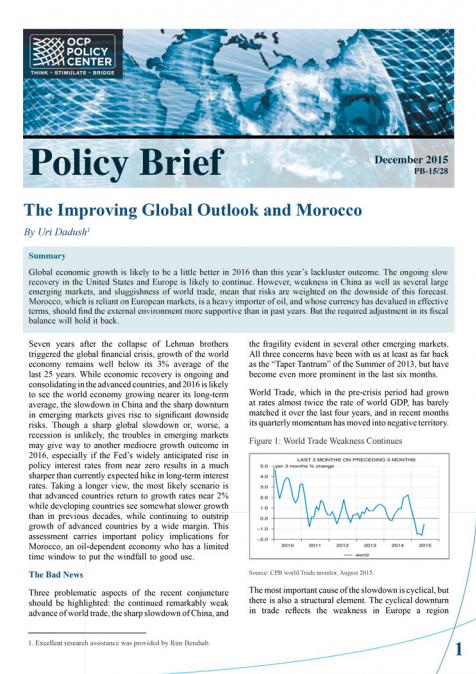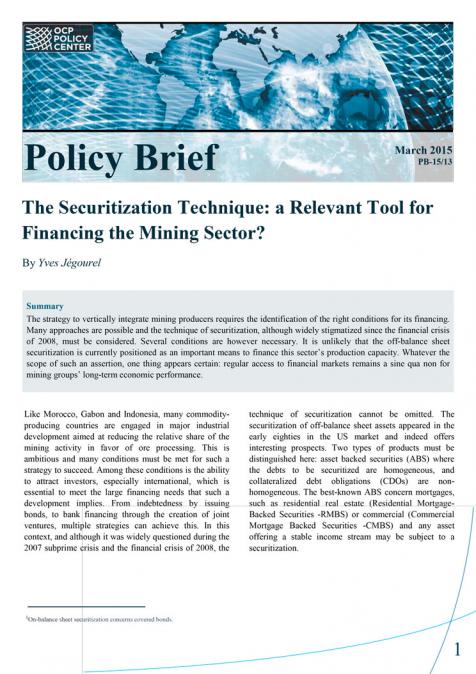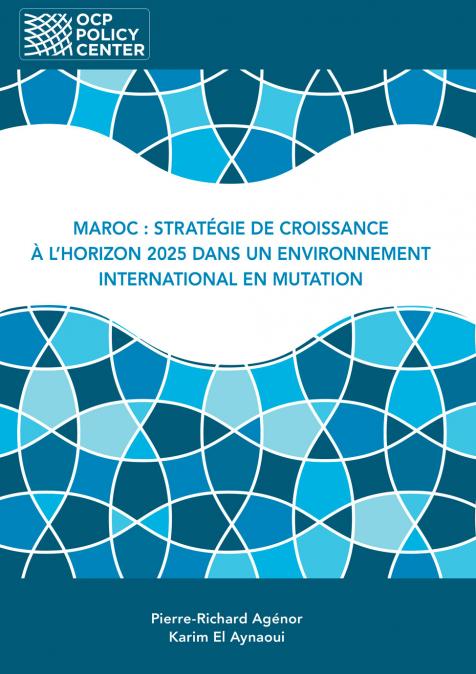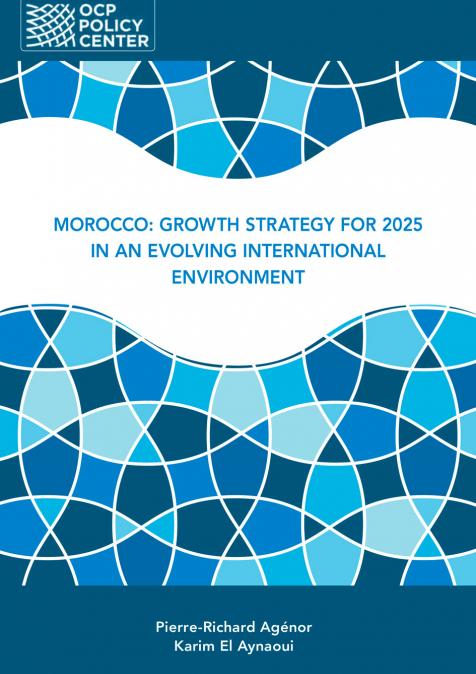Publications /
Research Paper
Morocco is positioned as a new global hub of the automotive industry in an increasingly volatile international context, with various emerging countries competing intensively to gain the best returns on openness and globalization. The Moroccan automotive industry’s recent performance shows it to be the most dynamic sector in the economy: from 2014 to 2019, value-added in the automotive sector increased by almost 70% while the overall national value-added increased by only 15%. In the context of recent developments in the automotive industry in Morocco, this paper first examines how industrial policy and industry-level dynamics influenced the emergence of an automotive supplier industry in the country. Second, using Structural Decomposition Analysis, we analyze the contribution of the main drivers of the recent sectoral performance in terms of value-added generation, compared to the country’s overall performance. Our main findings show that the automotive sector contributed to the overall improvement in national performance, but some limitations should be addressed, namely the high dependence on imported inputs.







